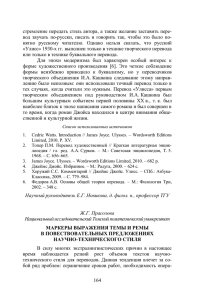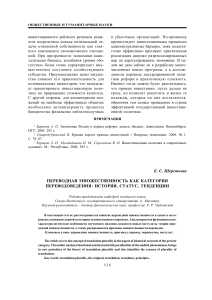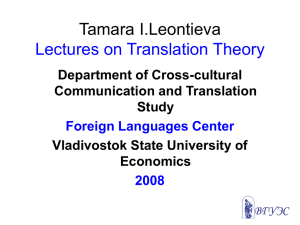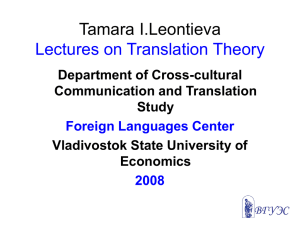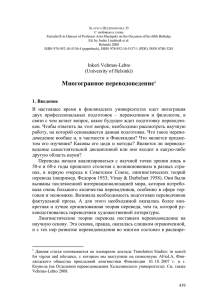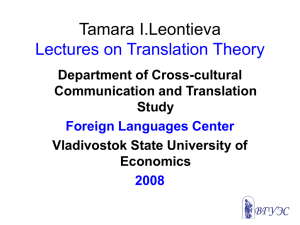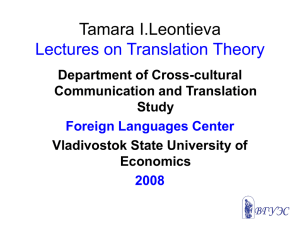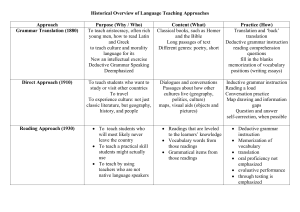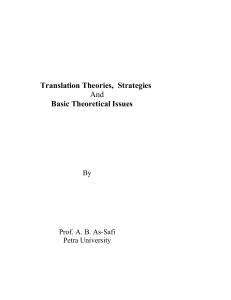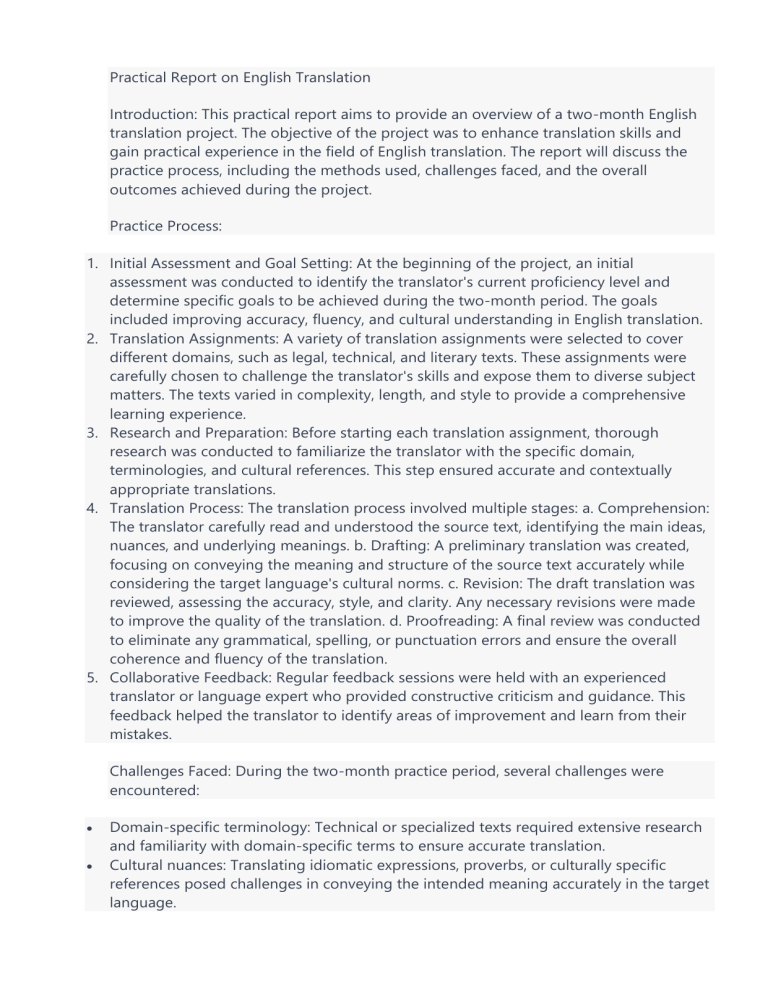
Practical Report on English Translation Introduction: This practical report aims to provide an overview of a two-month English translation project. The objective of the project was to enhance translation skills and gain practical experience in the field of English translation. The report will discuss the practice process, including the methods used, challenges faced, and the overall outcomes achieved during the project. Practice Process: 1. Initial Assessment and Goal Setting: At the beginning of the project, an initial assessment was conducted to identify the translator's current proficiency level and determine specific goals to be achieved during the two-month period. The goals included improving accuracy, fluency, and cultural understanding in English translation. 2. Translation Assignments: A variety of translation assignments were selected to cover different domains, such as legal, technical, and literary texts. These assignments were carefully chosen to challenge the translator's skills and expose them to diverse subject matters. The texts varied in complexity, length, and style to provide a comprehensive learning experience. 3. Research and Preparation: Before starting each translation assignment, thorough research was conducted to familiarize the translator with the specific domain, terminologies, and cultural references. This step ensured accurate and contextually appropriate translations. 4. Translation Process: The translation process involved multiple stages: a. Comprehension: The translator carefully read and understood the source text, identifying the main ideas, nuances, and underlying meanings. b. Drafting: A preliminary translation was created, focusing on conveying the meaning and structure of the source text accurately while considering the target language's cultural norms. c. Revision: The draft translation was reviewed, assessing the accuracy, style, and clarity. Any necessary revisions were made to improve the quality of the translation. d. Proofreading: A final review was conducted to eliminate any grammatical, spelling, or punctuation errors and ensure the overall coherence and fluency of the translation. 5. Collaborative Feedback: Regular feedback sessions were held with an experienced translator or language expert who provided constructive criticism and guidance. This feedback helped the translator to identify areas of improvement and learn from their mistakes. Challenges Faced: During the two-month practice period, several challenges were encountered: Domain-specific terminology: Technical or specialized texts required extensive research and familiarity with domain-specific terms to ensure accurate translation. Cultural nuances: Translating idiomatic expressions, proverbs, or culturally specific references posed challenges in conveying the intended meaning accurately in the target language. Time management: Balancing multiple translation assignments within the given timeframe required efficient time management and prioritization skills. Conclusion: The two-month English translation practice project provided valuable practical experience and helped improve translation skills. Through various assignments and research, the translator gained exposure to diverse subject matters and enhanced their understanding of specialized terminology. The feedback sessions played a crucial role in identifying areas for improvement and refining translation techniques. Although challenges were encountered, they served as valuable learning opportunities. Overall, this practical experience significantly contributed to the translator's professional growth and prepared them for future translation endeavors.

